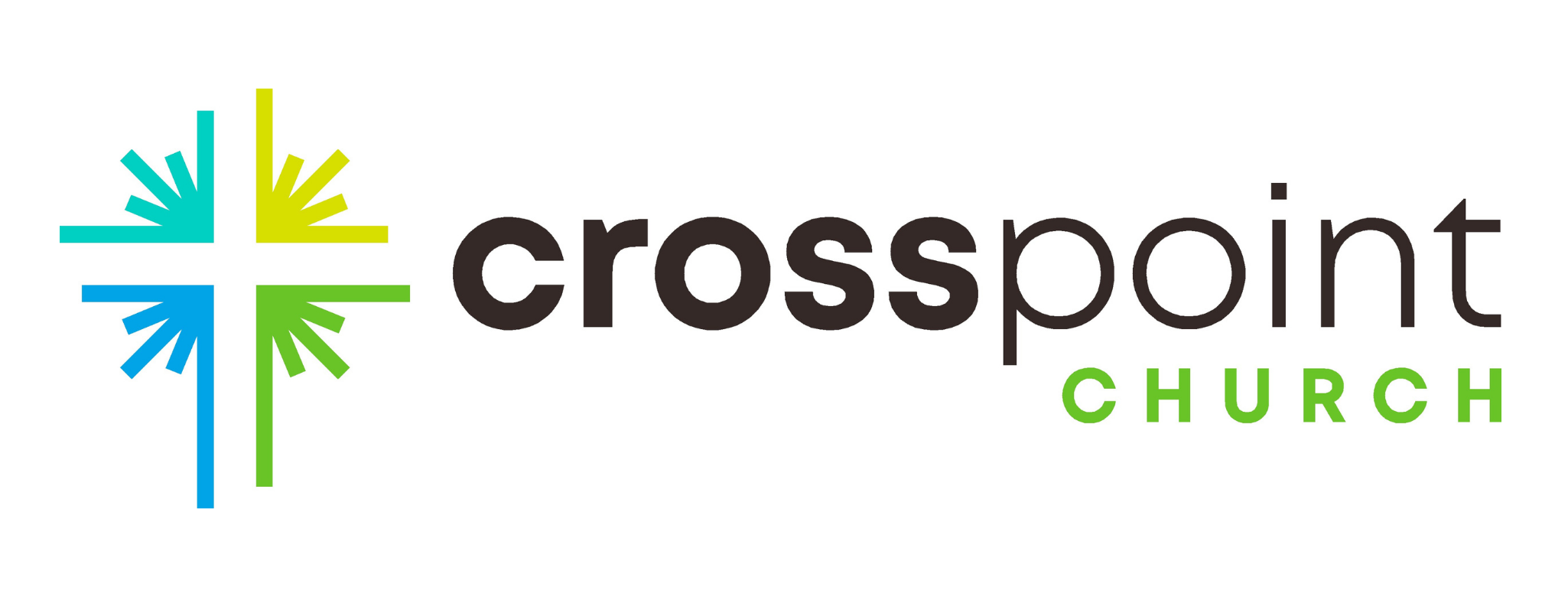God’s acceptance is not God’s approval, and what God allows will be called into account. Wickedness, evil, violence, and injustice will not have the final word; the one from all eternity, the Lord in His holy temple, has both the first and the last word.
Our screens, our newspapers, our friends, family and even our own bodies scream calamity. Danger without and within has become the norm and often we lack the resources to deal with it. As Habakkuk wrestled similarly in his world, the God he questioned infused his calamity with hope. His Lord gave him the resources to stand firm in a quaking world. Let us find that same strength as we study Habakkuk 2:2-5 together.
What are we to do, as people of faith, when we face ongoing, lingering, and long-term challenges, hardship, and suffering? What are we to do when it feels like God is not providing help, deliverance, or relief? The book of Habakkuk helps us in these times by giving us guidance, understanding, and hope.
Habakkuk, the prophet, is crying out to God for help and salvation based on his situation and circumstances. We read about his lament, a prayer of complaint, in the opening four verses of Habakkuk.
This marks the beginning of our new eight-week series, "How Long, O Lord?" Join us as we journey with Habakkuk in seeking answers to our prayers of lament. Through engaging in a dialogue with God, Habakkuk discovers the power of faith in the face of waiting for God's intervention amidst prevailing wrongdoing and wickedness.
In this first message we delve into Habakkuk's initial prayer, reflecting on the challenges of waiting and confronting injustice. There is a link in the sermon notes for a special video from the Bible Project that provides valuable insights into the themes of the book of Habakkuk.
